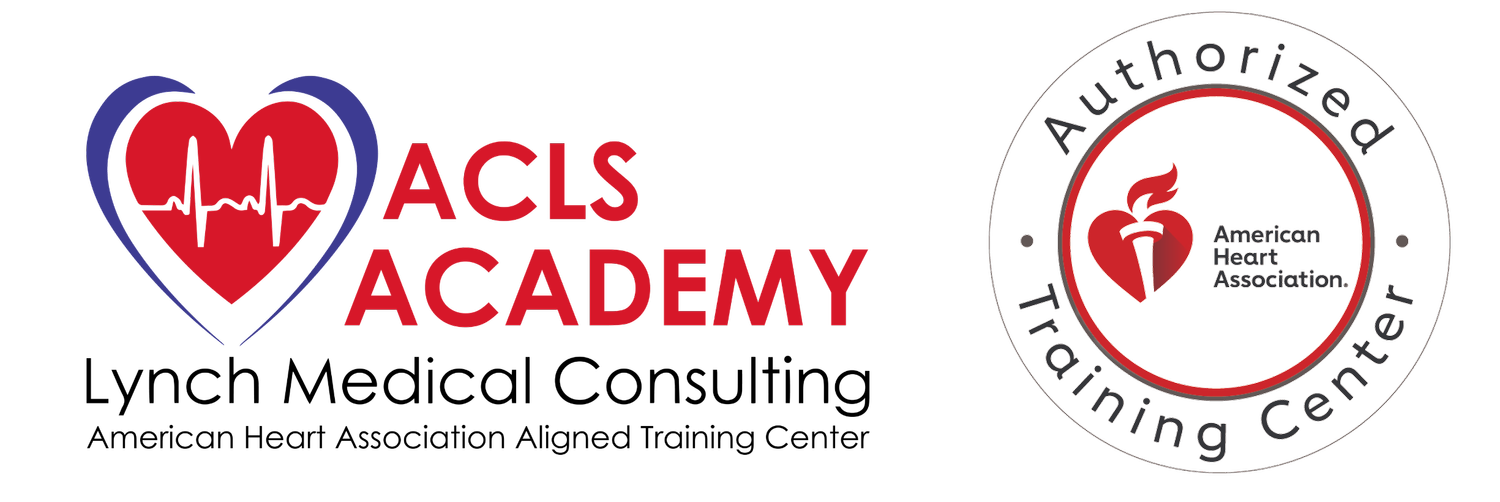Elevated blood pressure contributes more to cardiovascular disease (CVD) and premature death than any other known and modifiable risk factor. Hypertension, or high blood pressure, is a condition where the pressure in your blood vessels is too high. It is a blood pressure reading of 140/90 mmHg or higher. People who watch their blood pressure are generally familiar with the more common factors that can cause their numbers to spike — salt and stress, for example. Here are several surprising things that can add to your short-term blood pressure numbers:
Cell Phone Usage
Talking on mobile for 30 minutes or more per week is linked with a 12% increased risk of high blood pressure compared with less than 30 minutes, according to research published in May 2023 in Digital Health, a journal of the European Society of Cardiology (ESC). Mobile phones emit low levels of radiofrequency energy, which has been linked with rises in blood pressure after short-term exposure. Researchers analyzed the relationship between mobile phone usage and new-onset hypertension after adjusting for age, sex, body mass index, race, deprivation, family history of hypertension, education, smoking status, blood pressure, blood lipids, inflammation, blood glucose, kidney function and use of medications to lower cholesterol or blood glucose levels. Mobile phone users had a 7% higher risk of hypertension compared with non-users. Those who talked on their mobile for 30 minutes or more per week had a 12% greater likelihood of new-onset high blood pressure than participants who spent less than 30 minutes on phone calls. The results were similar for women and men.
The study also examined the relationship between usage time (less than 30 minutes vs. 30 minutes or more) and new-onset hypertension according to whether participants had a low, intermediate, or high genetic risk of developing hypertension. Genetic risk was determined using data from the UK Biobank. The analysis showed that the likelihood of developing high blood pressure was greatest in those with high genetic risk who spent at least 30 minutes a week talking on a mobile – they had a 33% higher likelihood of hypertension compared to those with low genetic risk who spent less than 30 minutes a week on the phone.
Road Noise
Wailing sirens, aggressive horns, the roaring engines of giant diesel trucks — most of us would agree road noise is annoying, but is it harmful to your health? A new study published in March 2023 in the journal JACC: Advances found that busy road noise was linked to an increased risk of having high blood pressure.
Previous studies have found a connection between loud road noise and hypertension, but because noise pollution often comes with air pollution, the impact of noise alone was unclear. This new study was able to control for the health effects of air pollution and the risk for hypertension remained, according to the authors.
Traffic noise has emerged as an important environmental risk factor for CVD since 2010, with road traffic noise being mostly investigated for the associated health effects. Epidemiological and animal studies indicate that traffic noise can trigger annoyance and disturb sleep, thus activating autonomic systems and overproducing stress hormones, with subsequent activation of the renin-angiotensin-aldosterone system. Chronic exposure to traffic noise may cause several pathophysiological adaptations, such as an increase in heart rate and cardiac output and a rise in blood pressure. It could also lead to the development of other cardiovascular risk factors such as hyperglycemia, hypercholesterolemia, and blood clotting factor activation. These changes would ultimately manifest as CVD.
Holding a Full Bladder
When you have a full bladder but wait to urinate until the next rest stop or commercial break, your body increases your blood pressure. A full bladder raises blood pressure by about 10 to 15 points. When the bladder is full of urine, it puts pressure on the kidneys. This can lead to higher blood pressure. High blood pressure can indicate that your bladder isn't emptying well, even if you haven't noticed problems yet. If you’ve been instructed to monitor your blood pressure at home while taking certain medications, it is recommended you empty your bladder first.
Air Pollution
Exposure to both fine particulate matter air pollution (what you’d find from car exhaust and fuel burning, as an example) and coarse particulate matter air pollution (like dust from roads and construction sites) can boost blood pressure in adults and children.
One study led by researchers at the University of Michigan found that even short-term exposure to high levels of air pollution can impact the blood pressure of healthy adults. The change was typical of what a person might see if his weight increased by about 5 or 10 pounds. The greatest portion of adverse health effects from air pollution is cardiovascular diseases, however, both short and long-term exposures are associated with increased risks for myocardial infarctions, strokes, and heart failure.
Black Licorice
Black licorice contains the compound glycyrrhizin, derived from the licorice root, which can cause the body to hold on to lots of salt and water, thereby driving blood pressure up. Glycyrrhizic acid can also deplete potassium and other electrolytes that may cause a cardiac arrhythmia or arrest. Glycyrrhizic acid can be found in other foods, such as jellybeans and beverages for flavor. People with high blood pressure or heart or kidney disease should avoid black licorice. The FDA says that more than two ounces of black licorice a day for two weeks may be problematic for people over 40 and may cause an irregular heart rhythm. People who are on medications or supplements that may be affected by licorice consumption should consult their doctor.

